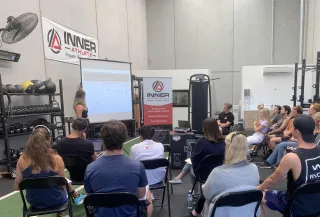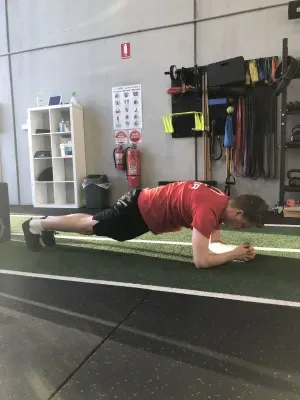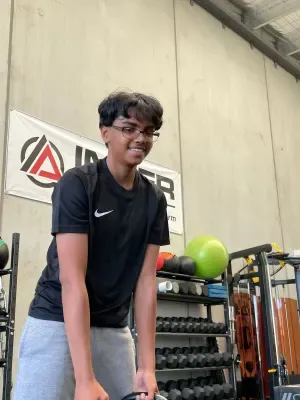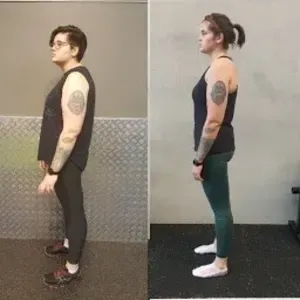UNIT 13, 49 GRANGE ROAD, CHELTENHAM, MELBOURNE, VICTORIA, 3192
Inner Athlete Blog
The Simple Steps to Sleep Better and Increase Your Productivity and Performance
Whether you are an elite athlete, amateur athlete, weekend warrior, or just an average Joe, sleep is one of the most important things in your life and everyone can reap the benefits of improving sleep... ...more
Youth Athlete Development
October 22, 2024•3 min read

7 Top Tips to Improve Nutrition and Sporting Performance for Youth Athletes
Laura McMullin, Sports Dietitian presented 'Nutritional Needs for Youth Athletes'. With wellbeing on the rise, it's important to consider nutrition in the equation. ...more
Youth Athlete Development
October 15, 2024•2 min read

Avoid Hospital and Take Care of Yourself
This might ruffle a few feathers...But ask the question what type of people are going in and coming out of hospitals? ...more
Youth Athlete Development
October 09, 2024•1 min read

Common Warm Up Exercises to Avoid So You Don't Get Lower Back Pain
This is for all the AFL, Soccer, and Runners of the world...having a structured warm-up is critical for injury prevention and preparing the body to perform at a high level, there are some exercises th... ...more
Youth Athlete Development
October 01, 2024•2 min read

The Major Benefits of Strength Training for Young Athletes
The benefits of strength/weight/resistance training for youth athletes are major for performance, longevity and injury prevention. ...more
Youth Athlete Development
September 24, 2024•1 min read

Taking Small Steps Towards Huge Weight Loss
How many times have you said, 'I want to lose X kilos by the end of the year' and have failed to achieve this goal? ...more
Youth Athlete Development
September 17, 2024•2 min read

Book A Free Consultation
By providing your number you consent to receive marketing/promotional/motification messages from Inner Athlete. Opt-out anytime by replying STOP. Msg & Data rates may apply
Apply Today
Lorem ipsum dolor sit amet, consectetur adipiscing elit, sed do eiusmod
STEP 1
Submit Your Application
Lorem ipsum dolor sit amet, consect adipiscing elit, sed do eiusmod tempor incididunt ut labore et dolore
STEP 2
Go Through The Interview Process
Lorem ipsum dolor sit amet, consect adipiscing elit, sed do eiusmod tempor incididunt ut labore et dolore
STEP 3
Start Coaching
Lorem ipsum dolor sit amet, consect adipiscing elit, sed do eiusmod tempor incididunt ut labore et dolore
Contact Us
Email
[email protected]
Address
13/49 Grange Rd, Cheltenham 3192 (opp. DFO)
Phone 0483 956 560
Follow Us
